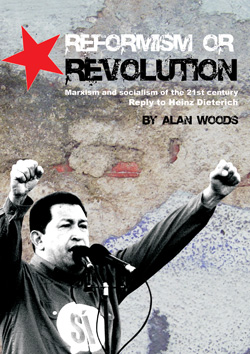Merry Christmas. I thought that this would be an appropriate time to remind people of the existence of this work. We don’t have to do the whole warm-and-fuzzy liberal thing where we name every convictable other holiday people might be celebrating around this time of year, but needless to say, best wishes to all. I’ll end with a plea for you to ignore the psuedo-leftist call for a “Xmas of restraint”. Fuck that. Be epicureans.
In his foreword, Kautsky expressed his hope that the book would be 'a powerful weapon in the struggles of the present, in order to hasten the attainment of a better future'. He began his analysis by looking for evidence that 'the person of Jesus' existed at all, using pagan and Christian sources. The next dozen chapters are then taken up with a materialist description of the ancient Roman society from which early Christianity sprang. Kautsky then went on to describe the history of the Jewish people, up to the point where Christianity began.
Having set the scene, Kautsky described the beginnings of Christianity. The next five sections are called 'The Primitive Christian Community', 'The Christian Idea of the Messiah', 'Jewish Christians and Gentile Christians', 'The History of Christ’s Passion' and 'The Development of the Christian Community'.
Kautsky contended that Christianity was born out of a group of Jewish proletarians in a decaying Roman empire, who sought to defeat the Romans through a violent insurrection.
download
mirror 1: rapidshare (6 x 9 .rtf, pre-formatted for ebook readers)












































